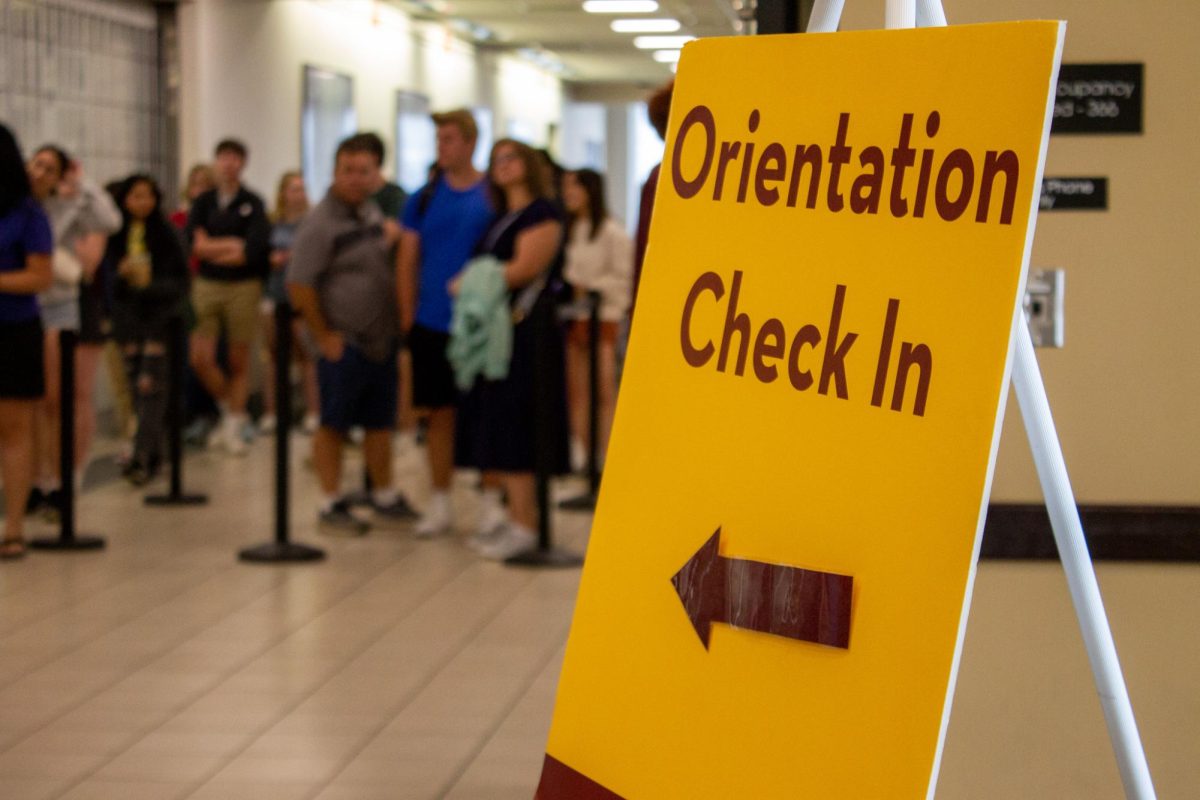The University of Minnesota’s optional ACT and SAT test score policy is potentially expiring in 2025 as the Office of Admissions assesses the policy’s future.
Many colleges across the country, including the University, implemented an optional ACT and SAT test score policy to their applications during the COVID-19 pandemic in 2020. The current policy will keep these test scores optional for prospective students applying to start at the University in the fall of 2025.
Keri Risic, the interim executive director of the Office of Admissions, said the longer-term policy of optional test scores beyond 2025 is still being assessed.
“We want to make sure our admissions process supports student success,” Risic said.
Students’ thoughts
Current students who talked to The Minnesota Daily said standardized tests increase barriers to entry and should be part of a holistic process.
Adam Douiri, a first-year student and someone who submitted his ACT score when applying, said he thinks test scores should continue to be optional.
“At the end of the day, a single test score is not going to define a single person,” Douiri said. “You can find that certain people with certain test scores will perform better in classes, but I don’t think it’s fair to cast that upon everybody else.”
On the other hand, Douiri believes test scores are going to be more valuable in the future than they are now, especially with the development of advanced AI tools.
“I do feel like colleges are going to begin to care a lot more about standardized tests,” Douiri said.
Wyatt Halvorson, a third-year student, did not send in his test scores because he was ashamed by his results and thought it was going to inhibit him from getting accepted into the University. He added he does not think test scores should be required since they do not serve as a great metric.
“There are a lot of barriers for people that surround standardized testing,” Halvorson said. “Whether it’s a learning disability or socioeconomic status, I think this metric is just completely flawed and inequitable.”
Dhruv Bala, a fourth-year student, said he hopes applications are examined holistically and not focused solely on test scores. Bala added for many people, test scores do not reflect their abilities very well so if test scores do become mandated again, he does not think they should be weighted higher.
“Other factors should be given more precedence,” Bala said.
The application process
Risic said the University has practiced holistic review for more than 20 years.
“Our admissions decisions are based on a very careful overall assessment of each student’s academic preparation and performance as well as the additional information and context provided in the admission application,” Risic said. “There is no single factor that is a deciding factor.”
Risic added some factors considered include outstanding talent and achievement, strong commitment to community service, and evidence of having overcome social, economic or physical barriers to education.
About half of students admitted to the University have submitted ACT or SAT scores since they became optional, according to Risic.
Since the fall of 2019, the number of students enrolled at the Twin Cities campus has increased by almost 4,000, according to University Institutional Data and Research. According to Risic, this does not have to do with the change in test score policy.
“The increase in the number of students admitted between the fall of 2019 and 2023 was a strategic change enacted to fulfill the University’s goal to increase undergraduate enrollment,” Risic said. “This has nothing to do with optional test scores.”
Risic added a test score is not a deciding factor in the University’s admission review.
“It’s important to remember that in our holistic review, we assess student academics and life experiences,” Risic said.























